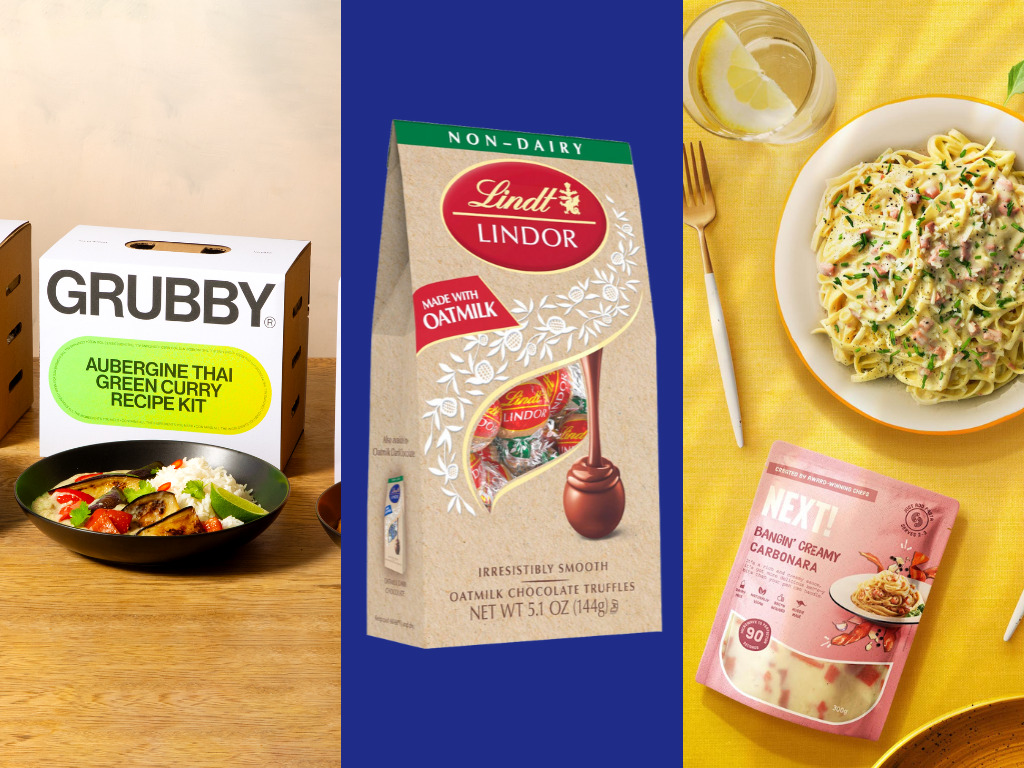
In our new weekly column, we round up the latest news and developments in the alternative protein and sustainable food industry. This week, Future Food Quick Bites covers Australia’s meat reduction, Kellogg’s omnivore-targeting plant-based burger, and the Canadian dairy sector’s attack on vegan alternatives.
New products and launches
Aussie brand Next! Foods has launched a new line of premium, Michelin-starred-chef-created vegan pasta sauces – a Bolognese and carbonara featuring its soy protein mince and bacon, respectively – in over 500 Coles supermarket stores. It plans for an international expansion soon.
Across the Pacific is another plant-based sauce by fast-food giant Taco Bell. The limited-edition vegan nacho cheese sauce will come as part of its Nacho Fries menu offering and will be available at participating US stores from October 12. The sauce was previously part of Taco Bell’s ultra-popular Vegan Crunchwrap.
The US has also seen what is my personal favourite launch news of all time. Lindt has launched vegan, oat-milk-based versions of its legendary Lindor chocolate truffles. They come in classic and dark varieties, and use almond butter, and oat and rice extract powders as the base. Details about listings are scant, but the Lindor Non-Dairy Oatmilk Chocolate Candy Truffles are available at the Lindt USA retail stores and online marketplace, as well as Safeway locations. If you’re smart like I am, you’ll buy the 800-piece pack.
In the North, Hershey’s debuted its first vegan chocolate range in Canada. The Oat Made chocolates come in Creamy and Almond & Sea Salt flavours, with a base of almonds, oats and rice, and are available in major grocery stores across Canada.
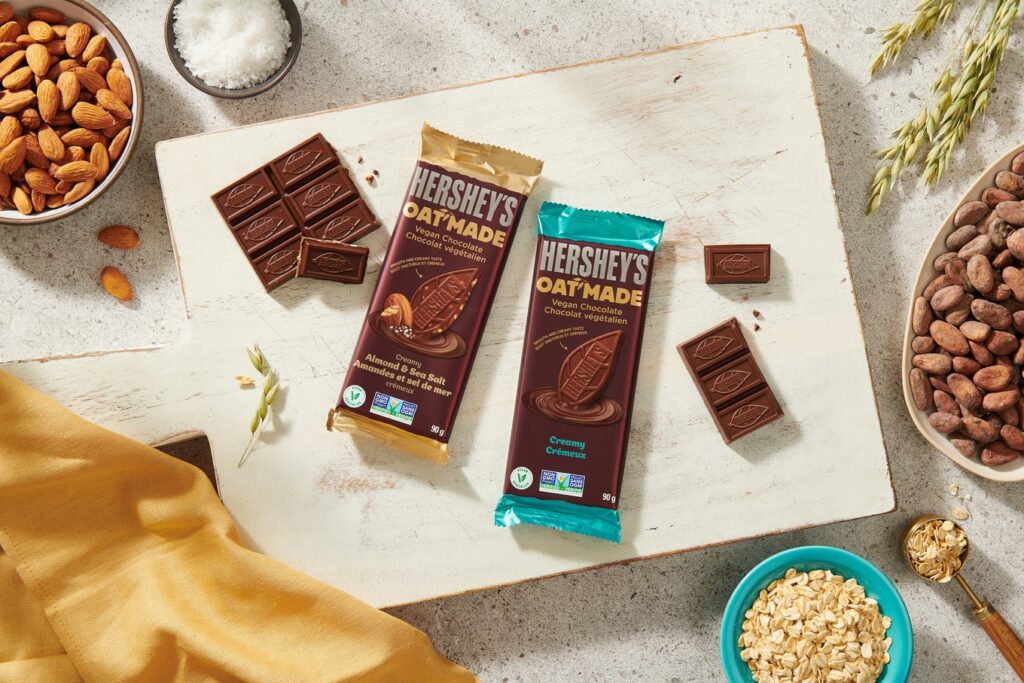
Another confectionery release is Colorado-based Trupo Treats‘ vegan chocolate nougat bars. They come in classic and peanut-caramel flavours. The company had set a pre-order sales target of at least $50,000 (pushing to $100,000) by November 1, and it’s already halfway there, so it seems likely these will go into production soon.
Alt-dairy launches have spanned continents, with German oat milk maker Velike! launching a chilled SKU in returnable glass bottles. The Not M’lk is available in 1.5% and 3% fat options, and Velike! claims it is the first refillable plant-based milk on refrigerated shelves. (Though I wonder what NotCo and a certain alt-dairy giant have to say about the name.)
Within this sphere, British cheese maker Cathedral City has expanded its vegan range with an extra mature block and a Cheddar spread. The line was introduced last year with plant-based Cheddar blocks, slices and grated SKUs.
And while you’ll normally associate it with a milky breakfast, Kellogg’s has launched a new plant-based burger under its Morningstar Farms brand. It’s an evolution of a toxic relationship – the previous Incogmeato vegan burger was discontinued, and Morningstar was almost spun off – but the new ‘premium’ Steakhouse Style quarter-pounders hopes to target omnivores with its release into Walmart, Publix and Target stores
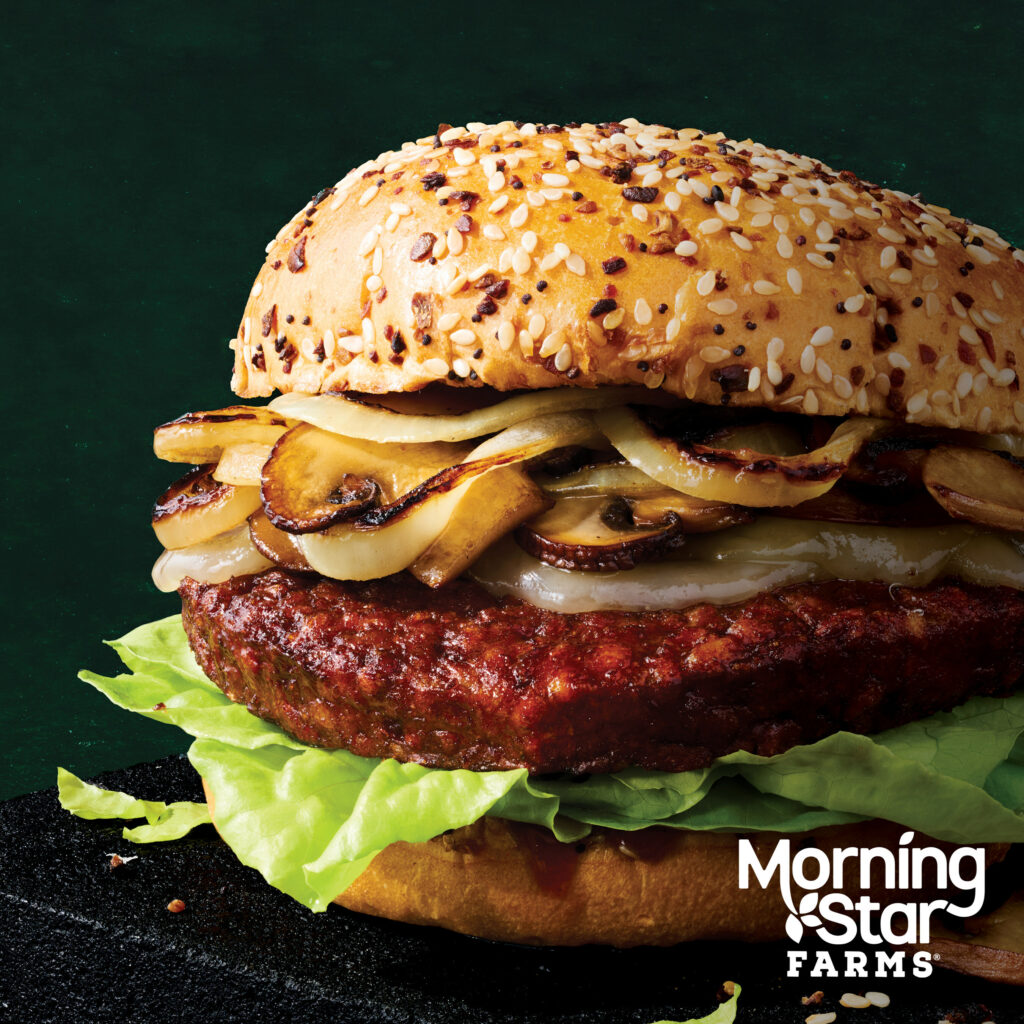
Speaking of burgers, British chain The Beefy Boys has unveiled its first meatless option, a mushroom-based patty. The burgers do contain dairy cheese by default – so if you happen to visit its Hereford (where it trialled the product in July), Cheltenham and Shrewsbury locations, be sure to ask them to hold the cheese.
Dutch company NoPalm Ingredients, which makes microbial palm oil alternatives, has produced a prototype boullion powder using the alt-fat, which is upcycled from Unilever’s ice-cream production sidestreams. And in another collaboration, it has taken one of Colgate-Palmolive’s byproducts and turned it into a personal care ingredient for future use in the consumer good giant’s soap bars.
In terms of product listings, UK plant-based meal kit brand Grubby has made its retail debut in Tesco, the country’s largest retailer, with Thai green curry, coconut dal and gnocchi puttanesca nationwide. Additionally, the B Corp startup’s D2C orders allow you to track the carbon footprint of the meals against their conventional meat equivalents.
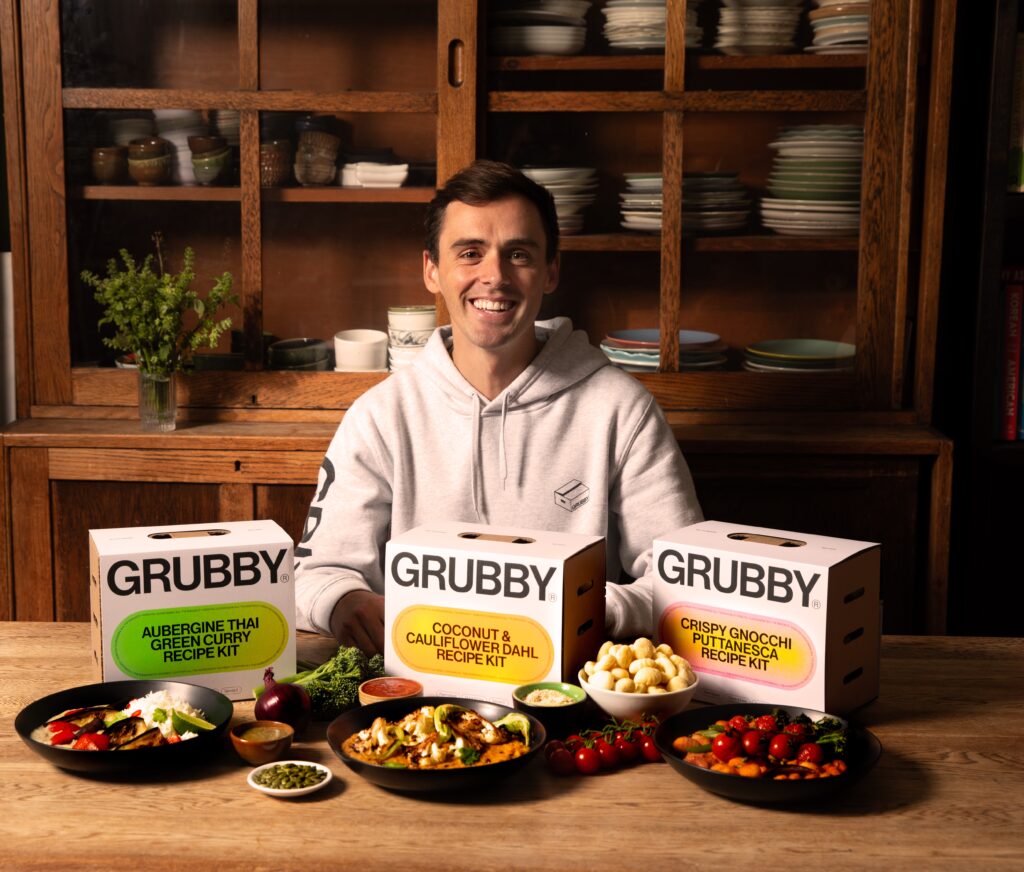
In Asia, Indian plant-based meat brand Greenest has collaborated with restaurant chain Hard Rock. Its location at Chandigarh Tricity sees a new vegan menu with Greenest’s plant-based kebabs, burgers and spring rolls.
And in Hong Kong, vegan pork maker Plant Sifu has extended its partnership with flag carrier Cathay Pacific – weeks after introducing 16 meat-free dishes on select routes – on a six-month trial that will see in-flight meals like braised egg tofu with plant-based mince and shiitake mushrooms and wok-fried mince with Thai basil, morning glory and sambal make it onto Economy and Premium Economy class menus in select long-haul flights.
Funding and M&A Activity
Californian food tech startup Novel Farms has been awarded the Small Business Innovation Research Phase II grant from the National Science Foundation, which is worth $999,967 over two years. Known for its cultivated pork loin that uses novel microbial fermentation and tissue engineering tech, the funding will help the company scale up its proprietary scaffolding platform.
Meanwhile, Finnish alt-dairy brand Oddlygood has acquired Nordic brand Planti, which it claims makes it the market leader in vegan “spoonable snacks” in Sweden and cooking products in Finland. The companies haven’t disclosed the amount of the deal – but Oddlygood recorded a turnover of €23.5M last year, while Plantu made €10.9M.
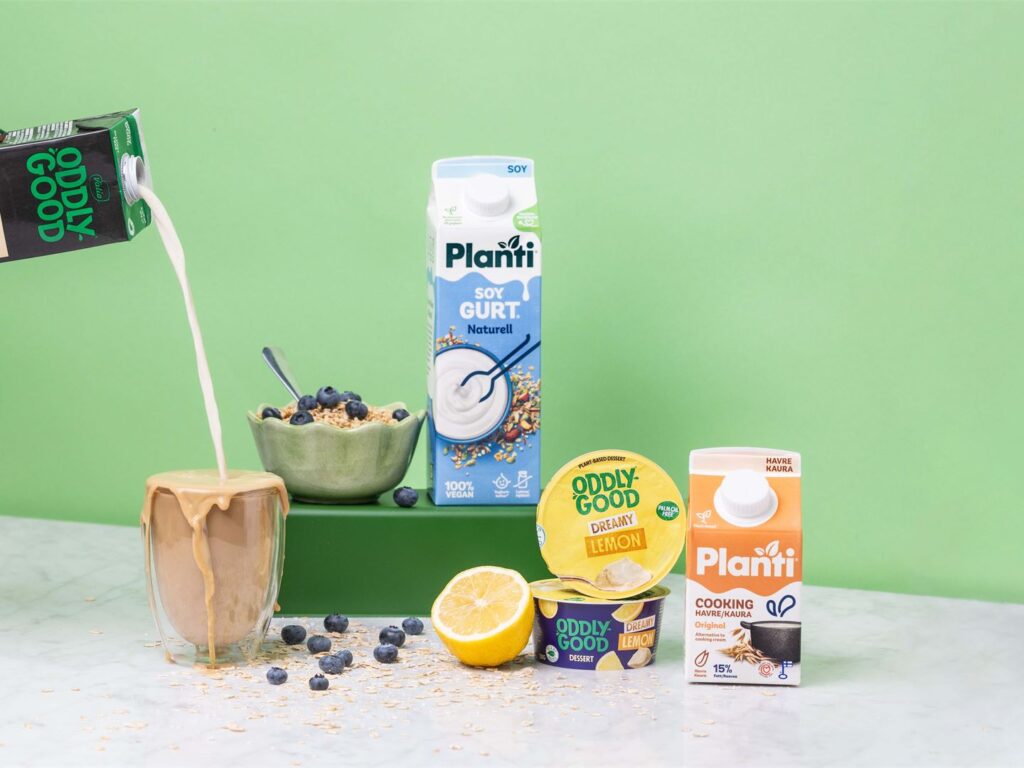
Leading alt-protein non-profit ProVeg International has announced its Incubator’s 11th cohort, welcoming eight startups all pushing towards a sustainable food system. These include Allium Bio, Marinas Bio (both Singapore), Poseidona, Guimarana (both Spain), Cellva Ingredients (Brazil), Livestock Labs (United States), Food 4 You (Argentina) and Ex Seed (Bulgaria).
Policy and research
ProVeg also responded to a report published by the UK’s Climate Change Committee last month, which called for financial incentives for plant-based foods to make them more “attractive, accessible and affordable”. ProVeg welcomed the report and pushed the spotlight on to Rishi Sunak, who it said is “in danger of going down in history as a leader who failed to act in the best interests of our children and the next generation by taking the necessary steps to reduce dangerous greenhouse gas emissions”.
Meanwhile, a new study by Australia’s Griffith University found that nearly a third of respondents had reduced their meat consumption in the last year, while only 3.3% had increased it. Health, environment and animal welfare were the top three reasons, as is standard, as nearly 14% reported a wish to transition towards a fully vegan diet.
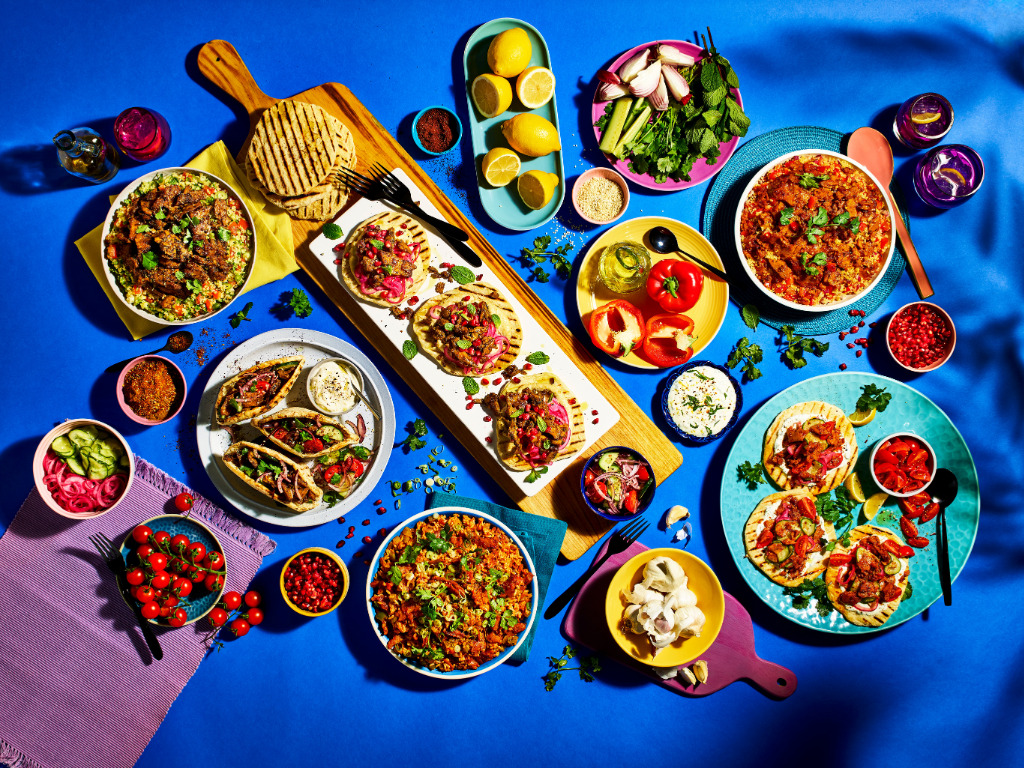
And if you eat vegan food, you may have encountered Quorn at some point, the British meatless pioneer that has been championing mycoprotein since the 80s. A new study in the European Journal of Nutrition has found that eating Quorn’s meat alternatives for two weeks can lower LDL (bad) cholesterol by 12%, total cholesterol by 7%, and reduced weight circumference by almost 1cm compared to red meat consumption.
Elsewhere, Chinese alt-protein impact investment firm Dao Foods released a new white paper assessing fermentation-based proteins in the country. It examines the challenges the sector faces, alongside the advantages of fermentation in China, pathway options for startups, opportunities to catalyse startups, as well as engagement strategies.
And in the latest chapter of the labelling battle, the Dairy Farmers of Canada are allegedly attempting block a trademark application for the term ‘Dare to be dairy-free’ by New York-based vegan brand Treeline Cheese. The latter calls it an “anti-competitive attempt to impede the sale” of its plant-based dairy alternatives, whose packaging label the dairy lobby argues “deceptively misdescribes” the product.
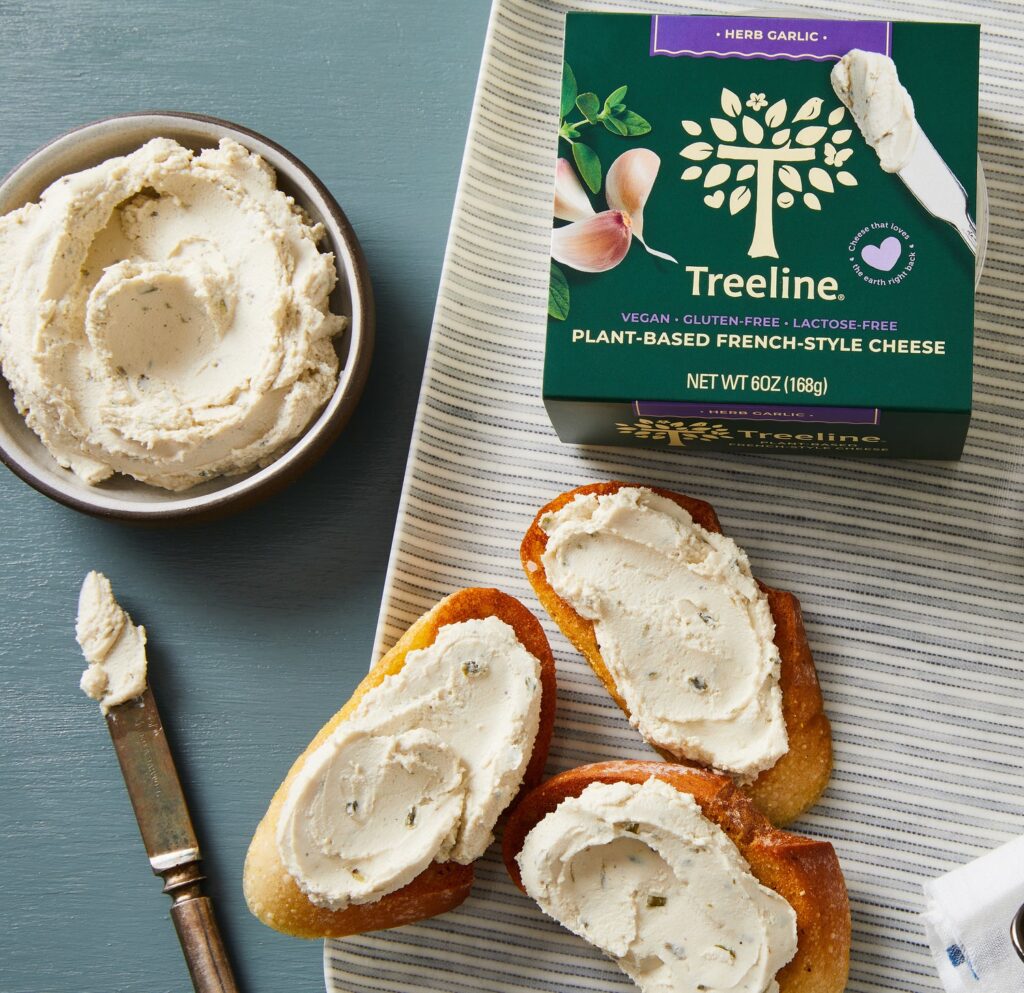
In more positive labelling news, Chilean plant-based foundation Vegetarianos Hoy is celebrating the certification of 2,000 products with its Sello Vegano accreditation as well as the V-Label, which is represented by the organisation in Latin America across seven countries.
Meanwhile, US-based MycoTechnology, which makes mycelium ingredients for protein powders, commissioned a study that found only 17% of vegans made up the 725 consumers of plant-based protein powders it surveyed. It reiterated that while being free from sugar and artificial sweeteners, GMOs, preservatives and colouring is key, the most important factor for customers remains taste.
Novel tech news
Israeli biotech firm ProFuse Technology announced a breakthrough in its muscle tissue tech that it says will transform the cultivated meat industry. It has created a scaffolding 3D growth technology that can combine with cell culture media and growth protocols to speed up muscle growth by fivefold, allowing cultured meat to be produced within 48 hours – which is 80% faster than usual according to ProFuse.
Danish microbial tech company Novozymes, meanwhile, has unveiled Vertera ProBite, a B2B clean-label ingredient formulated to improve the texture and mouthfeel of plant-based meat. Crucially, it has received regulatory approval as a processing aid.
In a cross-continent deal, Iceland’s ORF Genetics and South Korea’s SeaWith have signed an MoU to boost cultivated meat production using the former’s MESOkine animal-free growth factors made from barley. SeaWith aims to launch cultivated meat products under its Welldone brand to the market by 2025.
Finally, Cargill, the world’s third-largest meat producer, has opened a European Protein Innovation Hub, enabling its customers to co-create protein-rich menu strategies in test kitchens and a pilot plant. It’s part of a €50M investment into the company’s Saint-Cyr en Val site in France and will allow customers to create protein products based on ideas from Cargill’s chefs. Are you thinking what I’m thinking?
Want more roundups of alt-protein, plant-based and sustainable food? Stay tuned for next week’s Future Food Quick Bites, published every Wednesday or get it in your mailbox by signing u to our Alt Protein Weekly newsletter.
The post Future Food Quick Bites: Less Meat, More Burgers & Vegan Flying appeared first on Green Queen.
This post was originally published on Green Queen.